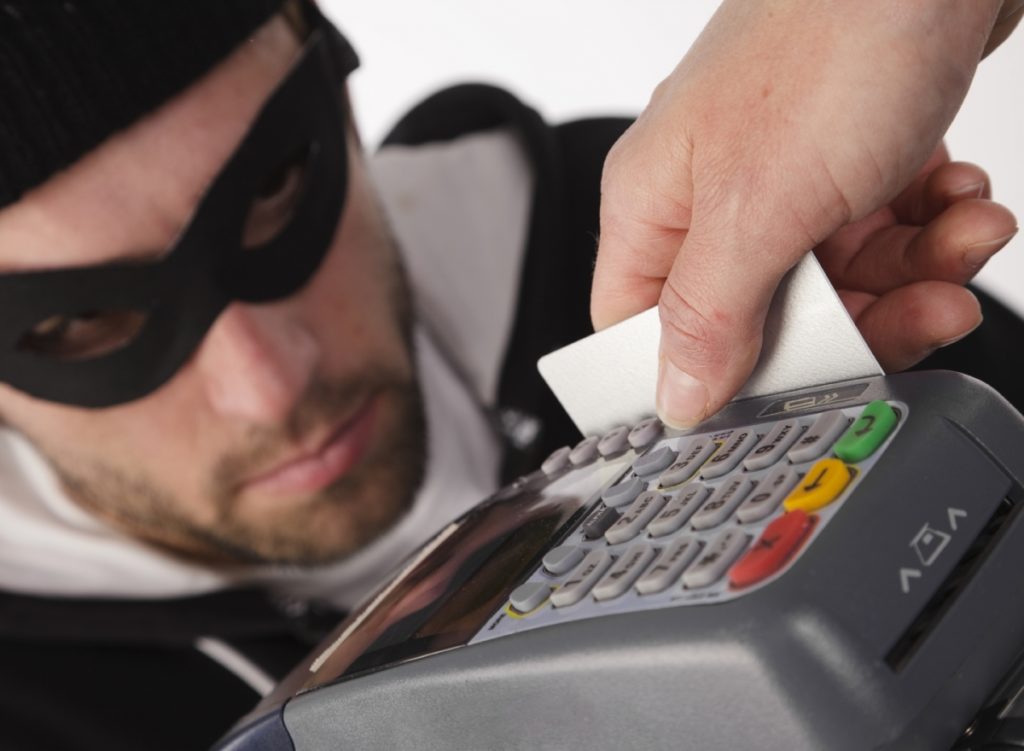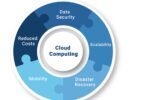Cards have undeniably made our lives convenient in a number of ways. They have not just allowed us to reduce our dependence on hard currency, but also given us access to the world of online shopping. However, this boon is not without its perils.
How to Avoid Plastic Credit Card Scams & Frauds

There are several scams and frauds such as phishing, theft and card cloning that plague the plastic card industry. Fraudsters contact customers via email or phone calls and convince them to share their card details. This makes it hard to have peace of mind while using cards, but this needn’t be the case. By following these steps, you can ensure your safety:
1) Always look for encryption signs – Whenever you are entering any kind of sensitive information/passwords, make sure that the page is using proper encryption. This is displayed by https in the URL as well as a sign displaying a closed (pad) lock on the top right or left of the screen.
2) Use Credit Cards – As much as possible, use Credit cards instead of Debit cards. If an unauthorized transaction is made on a Credit card, it can be nullified by informing your bank, whereas this is not possible if the unauthorized transaction is made using your Debit card.
3) Use different passwords – If a hacker somehow gets your password and you have the same/similar password on all your accounts, it enables him to access wipe out your accounts completely.
4) Avoid using public computers – Use personal computers and electronic gadgets as well as a password protected Wi-Fi network while making transactions. Using public computers or your friend’s gadgets is not recommended as their security may be compromised. Using a public/free Wi-Fi network is unsafe and not recommended.
5) Beware of phishing emails – Any emails from banks or other parties asking for confidential information must be ignored completely. Remember, banks and financial institutions never ask for your pin number.
6) Don’t transfer for someone else – Transferring money for someone else by letting them use your account is always dangerous. By doing this, you let scammers use your account to launder black/dirty money, putting you at risk.
7) Keep your antivirus updated – Hackers are constantly coming up with Trojans and key loggers in order to gain access to your account information. Make sure that your antivirus is up to date and scan regularly to ensure that you remain secure.
8) Check for a seal – While this is not a foolproof way of securing online transactions, it reduces your risk. Most legitimate websites carry a seal of approval from an organization like VeriSign, McAfee and Norton. If the website doesn’t have such a seal you may want to reconsider entering sensitive information.
9) Work from home, Auctions & Shopping scams – Websites offering high paying jobs for little to no work as well as those offering appealing products at very low prices should be ignored. They often require you to transfer some amount or recruit new people are usually scams and do not deliver on their promise.
Stay tuned for our next blog on “Kadva Corp!”







Leave a Comment
You must be logged in to post a comment.